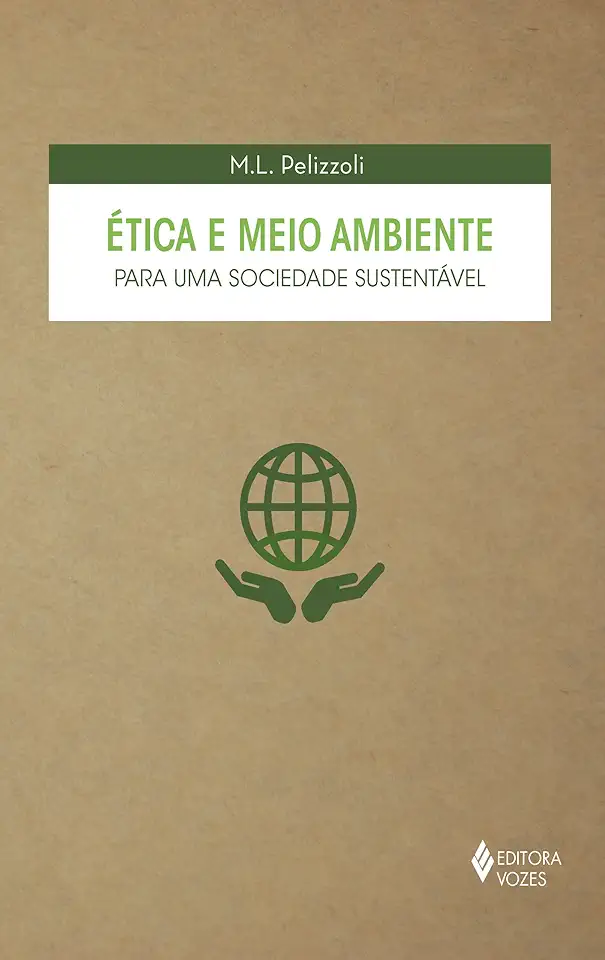
Ethics and Environment - for a Sustainable Society - M. L. Pelizzoli
Ethics and Environment - for a Sustainable Society
Introduction
In "Ethics and Environment - for a Sustainable Society", M. L. Pelizzoli offers a comprehensive and thought-provoking exploration of the complex relationship between ethics and the environment. Pelizzoli argues that environmental issues cannot be adequately addressed without considering the ethical dimensions that underpin them. By integrating ethical principles into environmental decision-making, we can work towards creating a more sustainable and just society.
Key Themes
Pelizzoli explores several key themes throughout the book, including:
- The intrinsic value of nature: Pelizzoli argues that nature has inherent value, independent of its usefulness to humans. This value should be recognized and respected in environmental decision-making.
- The importance of intergenerational equity: Pelizzoli emphasizes the need to consider the interests of future generations when making environmental decisions. We have a responsibility to ensure that our actions do not compromise the ability of future generations to meet their own needs.
- The need for global cooperation: Pelizzoli argues that environmental problems are global in scope and require global cooperation to solve. We must work together to address issues such as climate change, pollution, and biodiversity loss.
Ethical Frameworks
Pelizzoli discusses several ethical frameworks that can be used to guide environmental decision-making, including:
- Utilitarianism: This framework focuses on maximizing the overall good or happiness of all affected parties.
- Deontology: This framework emphasizes the importance of following moral rules or duties, regardless of the consequences.
- Virtue ethics: This framework focuses on developing the virtues that are necessary for living a good and ethical life.
Pelizzoli argues that no single ethical framework is universally applicable, and that the best approach is to use a combination of frameworks to inform environmental decision-making.
Case Studies
Pelizzoli provides several case studies to illustrate the application of ethical principles to environmental issues. These case studies include:
- The Three Gorges Dam project in China: This project has had significant environmental and social impacts, including the displacement of millions of people and the destruction of natural habitats.
- The Deepwater Horizon oil spill in the Gulf of Mexico: This spill caused widespread environmental damage and economic losses, and raised questions about the safety of offshore drilling.
- The Paris Agreement on climate change: This agreement represents a significant step forward in global cooperation to address climate change, but it remains to be seen whether it will be effective in reducing greenhouse gas emissions.
Conclusion
In "Ethics and Environment - for a Sustainable Society", M. L. Pelizzoli provides a valuable resource for anyone interested in the complex relationship between ethics and the environment. Pelizzoli's comprehensive and thought-provoking analysis offers a deeper understanding of the ethical dimensions of environmental issues and provides a framework for making more informed and responsible environmental decisions.
Why You Should Read This Book
"Ethics and Environment - for a Sustainable Society" is a must-read for anyone concerned about the future of our planet. Pelizzoli's insightful analysis and practical guidance will help you to understand the ethical dimensions of environmental issues and make more informed and responsible decisions. This book is essential reading for anyone who wants to contribute to creating a more sustainable and just society.
Enjoyed the summary? Discover all the details and take your reading to the next level — [click here to view the book on Amazon!]